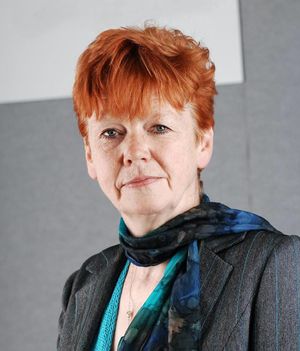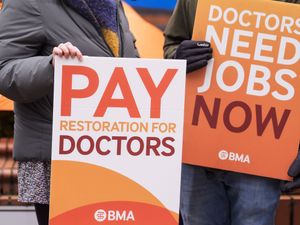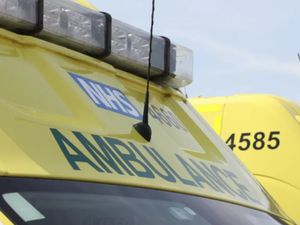59 more Covid-19 deaths announced in Black Country, Birmingham and Staffordshire
Fifty-nine more coronavirus patients have been confirmed to have died across the Black Country, Birmingham and Staffordshire.
The announcement on Thursday means 1,243 people have now died in the region's hospitals after testing positive for Covid-19.
Across the UK the death toll increased by 761 to 12,868, however the true death toll is likely to be far higher as these figures only include deaths in hospitals.
Of the deaths announced in the West Midlands on Thursday, 10 were at the Royal Wolverhampton NHS Trust, where 178 patients have now died.
More Covid-19 coverage:
Nine were at Sandwell and West Birmingham Hospitals trust, where 213 patients have died, and nine were at The Dudley Group trust which runs Russells Hall, where the death toll stands at 154.
Meanwhile 24 more deaths were confirmed at University Hospitals Birmingham, where 484 patients have now died.
This means the trust, which runs Queen Elizabeth Hospital as well as Good Hope, Heartlands and Sutton Coldfield hospitals, has now had 149 more coronavirus patients die in its care than any other trust in the UK.
Sandwell and West Birmingham, which runs City Hospital in Birmingham and Sandwell General in West Bromwich, is eighth on the list of health trusts to have had the most coronavirus patient deaths.
In Staffordshire, six more deaths were confirmed at the University Hospitals of North Midlands, taking the death toll at hospitals in Stafford and Stoke to 101.
At Walsall Healthcare Trust, the death toll remains at 98 after no new deaths were announced while ten more deaths were confirmed across Worcestershire, where 119 patients have died in hospital.
Across England 651 more deaths were confirmed of patients aged between 20 and 101.
Twenty of the patients had no underlying health conditions, including one person aged 20.
The figures announced each day by NHS England refer to the number of deaths confirmed in the previous 24 hours, not the number of patients to have died in that period.
Some deaths are not included in the figures for several days due to testing and informing relatives.
In other news, a 106-year-old woman thought to be Britain’s oldest patient to recover from coronavirus has been discharged from Birmingham’s City Hospital.
Connie Titchen, from Birmingham, was discharged from City Hospital this week after battling Covid-19 for three weeks.
The great-grandmother of eight, who was born in September 1913, was admitted to the hospital in March with suspected pneumonia and was diagnosed with coronavirus soon afterwards.
The news comes as a new web app has been released to allow frontline health workers to report shortages of personal protective equipment (PPE).
Recently launched Frontline.Live is being used by NHS staff and other essential workers to highlight where items such as masks, gowns and hand sanitiser are needed.
Workers can tweet which items they need, their work postcode and use the hashtag #FrontlineMap, or an online form if they wish to remain anonymous, with the requests then plotted on an interactive map which can be viewed by policymakers and suppliers.
Meanwhile, as fears mount for domestic abuse victims amid the Covid-19 lockdown, the Victims Commissioner has said supermarket workers should be trained to recognise code words from victims whose only opportunity to seek help may be during the weekly shop.
While the school gates used to be a place where women could speak out, the coronavirus lockdown has reduced opportunities to get support, and some women may only be leaving the home to visit shops or pharmacies.

Victims Commissioner Dame Vera Baird said the Government must adapt to the new normal brought on by Covid-19, by providing a “system of rescue” in the places where victims are most likely to frequent during the crisis.
The US president accused the international body of “severely mismanaging and covering up” the spread of the virus.
But Downing Street said the organisation was playing an important role in tackling the spread of the virus, and scientists hit out at the “short-sighted” move.
Mr Trump said his administration would suspend funding of up to £400 million (500 million US dollars) a year for the organisation.
He said US taxpayers are the largest contributors to the WHO, dwarfing the amount paid by China.




